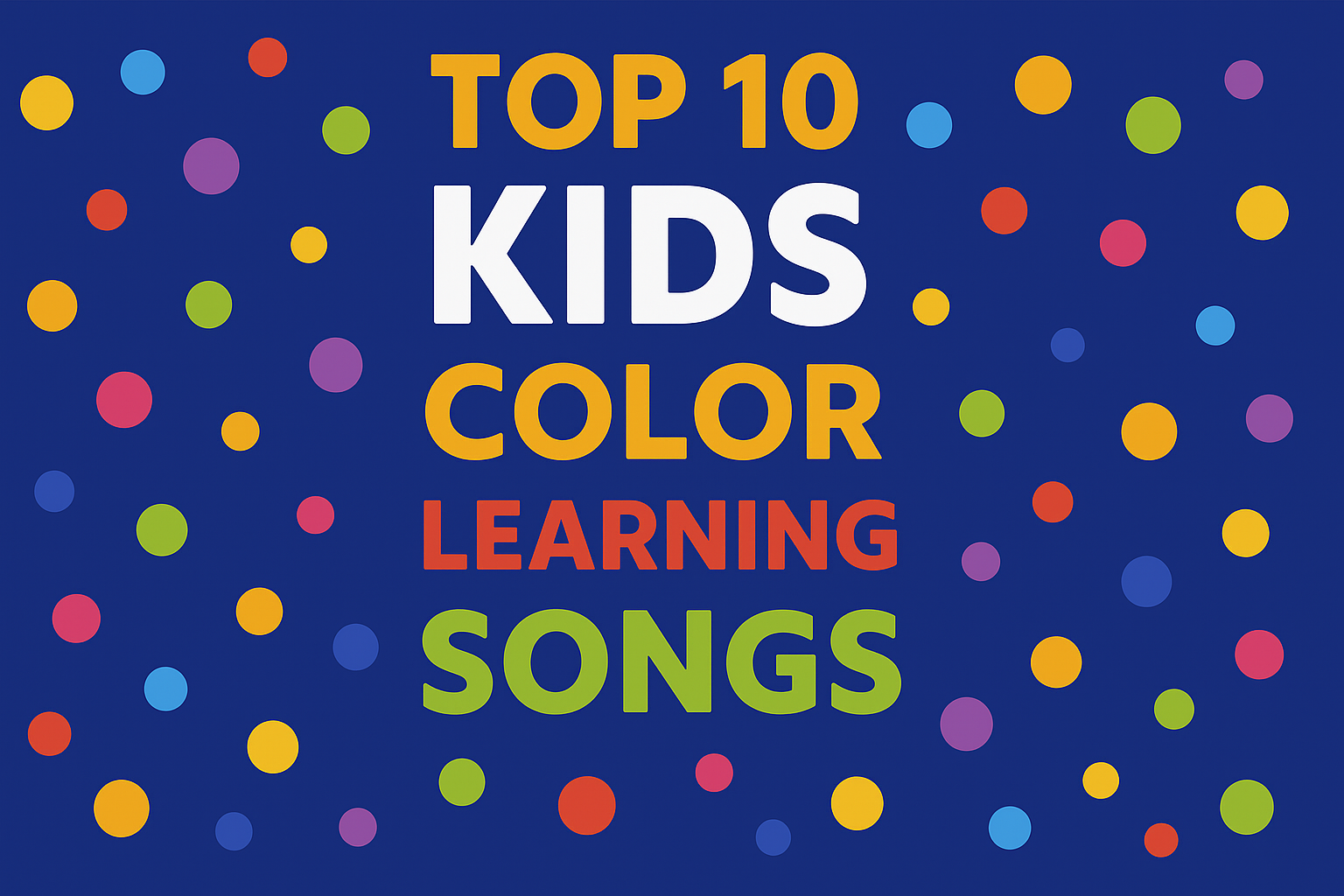
8 Reasons to Get a Master’s in Curriculum and Instruction
Are you looking for a way to take your educational career to the next level? If so, then getting a master’s in curriculum and instruction could be exactly what you need. This specialization will give you the knowledge and skills to excel as an educator and further your personal goals.
In today’s post, we’ll look at all of the amazing benefits of getting a degree in curriculum and instruction – from expanding career opportunities to helping out fellow learners! Here’s what you need to know:
- You’ll be able to expand your career opportunities
A master’s degree in curriculum and instruction enables educators to understand how best to influence student learning results and create successful curriculum design. Those who obtain this degree will be able to teach or lead at several levels of educational institutions, from universities to school districts to public and private program administrators.
Moreover, they have a chance to advance, as professionals possessing unique knowledge are always highly valued. Additionally, an increase in earning potential is possible through fellowships, grants, and other moneymaking opportunities on the local, state, or private instructional level.
Therefore, investing time into a master’s program in curriculum and instruction is one of the best ways for aspiring and practicing teachers to take their career paths to the next level.
- The program is flexible and convenient
The curriculum and instruction master’s program is extremely flexible and convenient. Students can attend classes on campus as well as can pursue online masters in curriculum and instruction and gain access to coursework virtually, depending on their schedule and preferences.
Additionally, students may focus on specific concentrations that best suit their academic and professional needs. These areas of specialization include higher education leadership, PK-12 curriculum design, assessment, literacy intervention, science instruction, teaching with technology, special education leadership, arts integration, and more. With various available options tailored to each student’s interests, it is easy to understand why this program is a great choice.

- You’ll be able to pursue your personal goals
Pursuing a master’s degree in curriculum and instruction not only gives you the professional qualifications you need to get started but also lends you the most precious commodity of all: time for yourself.
Certain curriculums risk allowing people to become bogged down by long hours of constant hard work. However, a master’s in the subject is renowned for offering you a chance to further your own ambition with intense commitment and plenty of room to explore individual interests and ambitions (something which can become increasingly scarce if you lack interest in your daily activities.) Moreover, the program will make self-improvement your top priority, thus liberating previously isolated goals from their prison of potential.
- You’ll have access to excellent resources
A master’s in curriculum and instruction offers valuable opportunities to access career-specific resources like libraries with specialized collections, mentorships from experts in the field, and support for developing research papers or practicum projects. This kind of educational context not only prepares students to become teachers but also equips them with the tools needed to succeed in the job market.
With all the great benefits of this program, it is worth researching whether it aligns with your academic and professional goals.
- You’ll be able to network with other educators
The specialization program has many benefits, including networking with other educators. Those in the same field can provide valuable insight into the profession and enrich one’s understanding of curricular design and instruction. One can easily benefit from hearing different perspectives on various topics, such as educational technology, student engagement strategies, or program evaluation.
Additionally, educators can develop beneficial professional relationships that could open new doors for future projects or job opportunities. Networking with other professionals from within the field should be a major consideration when deciding whether or not to pursue an advanced degree in curriculum and instruction.
- You’ll learn how to help others learn
Curriculum and instruction degree programs focus heavily on helping other educators hone and perfect their craft – a vital piece of creating successful learning environments and bettering student outcomes.
Curriculum and instruction specialists can help shape the future of education at all levels. They can create appropriate instructional materials for various classroom situations and differentiate instruction for different learners. Moreover, they can apply research-based theories to teaching practices, discuss learning theories with other instructors, identify educational resources for instructors, and identify STEM concepts for K-12 programs.
- There are many different specializations available
A master’s in curriculum and instruction degree allows one to focus on certain instructional strategies, learning styles, and disciplines. Strengthening the knowledge base of students’ needs is invaluable for educators looking for ways to maximize student performance and bridge learning gaps.
Specializations available include science instruction, music instruction, math instruction, language arts instruction, special education, early childhood education, administration, or educational leadership. With this variety of options available, getting this degree ensures that teachers can provide a more detailed understanding of the types of education they seek to provide.
- It’s an investment in your future!
A master’s degree in this specialization can benefit your career in the short and long term. In addition to providing essential knowledge of the tools needed to keep students engaged at all levels, this degree also allows opportunities in leadership positions that otherwise would not have been available, opening more job openings to teachers than ever before.
With several different specializations available, including areas such as educational technology and traits of learning, there is something for everyone. This degree also puts you ahead of your peers and provides the necessary credentials to pursue various career paths. It is an investment in yourself and your future that can yield great returns down the road.

Conclusion
Earning a master’s degree in curriculum and instruction can benefit education professionals by helping them understand the fundamentals of curriculum development, instructional design, assessment, and evaluation. The program is designed to be flexible, with various specializations tailored to each student’s needs. Additionally, the faculty members are highly qualified and experienced, providing students with the best possible learning experience. It’s also a great investment in one’s future as it can lead to career opportunities otherwise unimaginable. All these factors make earning a master’s degree in curriculum and instruction an invaluable option for educators seeking to further their professional goals.




